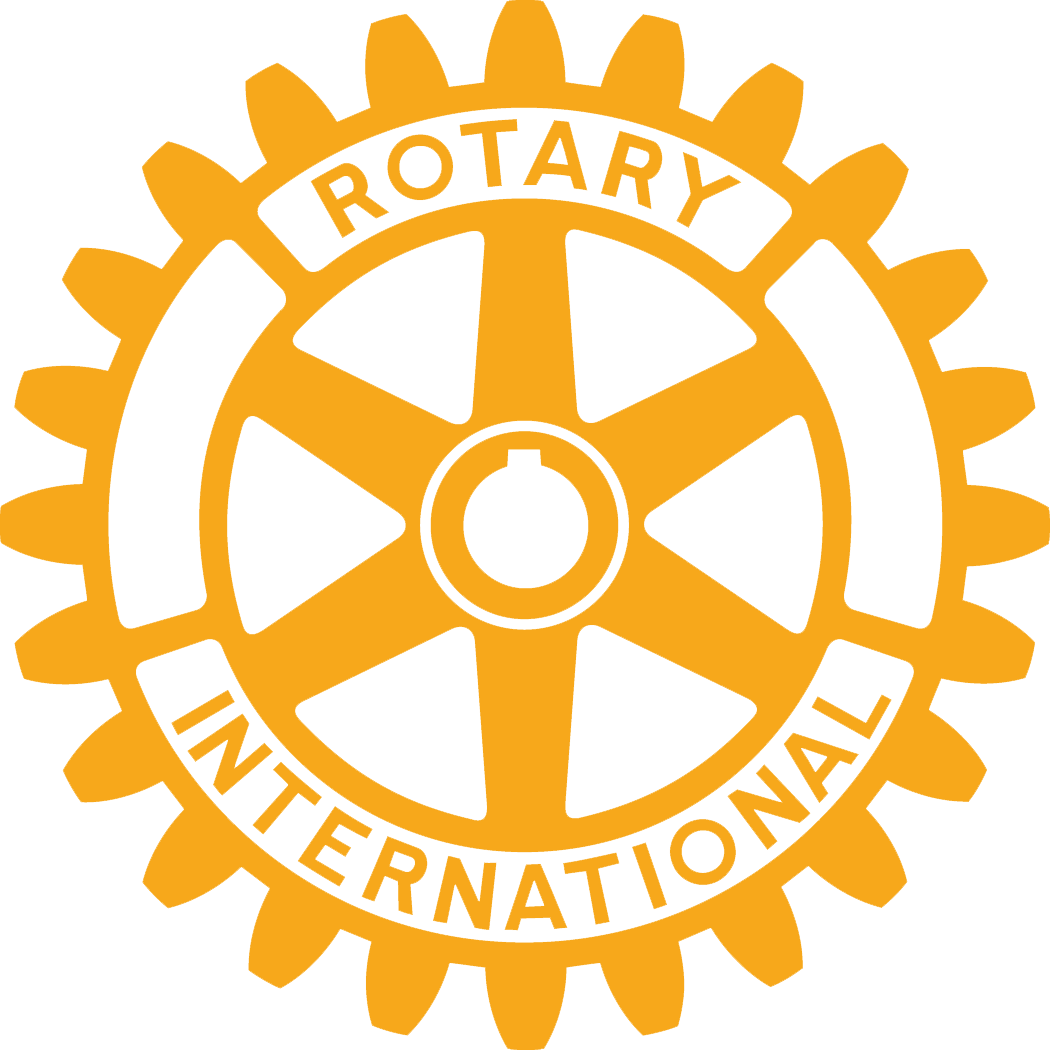Global Grant No: GG2015803
Grant Title: Nepal Emergency Medical Services Dispatch and Response
Grant Status:
Starting Date:19/08/2021
Closed Date:
Budget: US$ 101,601
Host Primary Contact: Bishnu Subedi, RC Kathmandu, RID 3292
International Primary Contact: Paula Radich, RC Newberg, RID 5100
Objectives of the Project:
Our primary Area of Focus is Disease Prevention and Treatment in the rural mountainous Dhading District–home to more than 380,000 Nepali people. Dhading is one of the most remote districts in the central region of Nepal. Many parts of the district are inaccessible by road. The Dhading District lags behind in health status compared to the national Nepali level. Although health indicators significantly improved over the years, Dhading District’s average life expectancy is only 49.5 years.
Our project strengthens Nepal’s Dhading District’s health care system by: improving access to and expanding medical services, providing medical equipment and, training health care personnel. Specifically, we will:
PROMOTE DISEASE PREVENTION AND TREATMENT PROGRAMS THAT LIMIT THE SPREAD OF COMMUNICABLE DISEASES AND REDUCE THE INCIDENCE AND EFFECT OF NONCOMMUNICABLE DISEASES.
We will improve access to and expand medical services through a 9-1-1 type Medical Dispatch and Response Center that connects rural Nepali citizens with emergency medical services for disease prevention and treatment.
We will establish a common phone number (similar to 9-1-1) and Medical Dispatch and Response System for medical responders and rural villagers. By implementing the Beacon Dispatch and Response System we will expedite response to urgent and life-threatening conditions. Beacon makes emergency dispatching possible anywhere there’s a mobile phone signal by relaying requests for emergency assistance as text messages to the nearest trained responders — with or without internet on any mobile phone.
It is estimated that 85-100 percent of the target population has access to phones and the text messaging capability required of the Beacon Dispatch and Response system. The system provides real-time communication and incident updates when connected to the Internet and allows responders to switch to SMS mode when Internet is not available.
To promote the Emergency Dispatch and Response System, staff will conduct public awareness campaigns that include text messaging, word of mouth, signage on the sides of ambulances and involving Rural First Responders in advocating for the emergency system among local villagers.
This project will increase access to pre-hospital emergency medical care for Nepali people who live in rural, austere and hard to access areas by providing direct contact with Dhading District Hospital physicians if required. Rural First Responders who live in the village or an adjacent village will be the primary contact.
This grant does not increase or decrease physical road infrastructure. Significant improvement to roads is a task that remains elusive to the United Nations, World Bank and other entities.
STRENGTHEN HEALTH CARE SYSTEMS
We will provide a state-of-the-art ambulance to train Rural First Responders, Rural Medical Responders, and Dhading ambulance personnel in the recognition and intervention of rural diseases and emergency medical conditions.
Nepal lacks an Emergency Medical Services (EMS) framework. Typically, if there is a medical emergency or accident outside the city, patients are carried to a local healer or loaded onto a passing truck. The majority of ambulances in the country are essentially “jeep taxis” without equipment or basic operator training. These primitive ambulances are generally not suitable to provide pre-hospital care–something the Nepali Government has made a priority.
We will purchase and equip an ambulance vehicle with necessary supplies and equipment. This vehicle will be used to train Rural First Responders in life-saving skills. Our work includes equipping the estimated 65 Dhading Ambulance Association vehicles with GPS Map Navigation.
SUPPORTING DOCUMENT #E: MOU DHADING AMBULANCE ASSOCIATION/NEPAL MEDICS
Our primary hospital is the government-owned Dhading District Hospital. Dhading District Hospital is a large-scale hospital and can refer out. Should volume outpace the hospital’s capacity, the Nepali government will provide additional resources in staffing to meet needs according to their current practice of consistently evaluating staffing levels in all government hospitals.
SUPPORTING DOCUMENT #D: MOU DHADING DISTRICT HOSPITAL AND NEPAL MEDICS
IMPROVE THE CAPACITY OF LOCAL HEALTH CARE PROFESSIONALS
We will re-train health care personnel in protocols to intervene in disease and emergency conditions that threaten the lives of rural Nepali people.
In collaboration with Good Neighbors International Nepal, Nepal Medics trained in excess of 1,370 rural villagers as Rural First Responders and Rural Medical Responders in Basic Lifesaving Skills. Our work builds on the current structure using the Trainer of Trainer (ToT) model to train additional Rural First Responders and re-train current Rural First Responders.
We will expand the capacity of rural health care responders by re-training Rural First Responders (RFR) and Rural Medical Responders (RMR) in emergency medical treatment protocols and disease recognition and prevention. Training includes treating communicable diseases through an approach that prevents disease, improves the training of Rural First Responders, and enhances the public’s health education.

